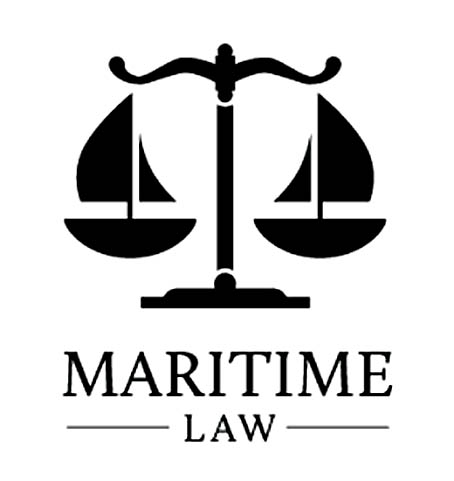When people think about filing a maritime lawsuit, they think primarily in terms of substantive law. That means they focus on “big picture” things. In a boating accident, these substantive law issues often revolve around theories of negligence. Was a vessel traveling at excessive speed? Was the operator distracted by their cellphone? Were they clueless about the inland rules? These are key substantive law issues in maritime law.

But in addition to issues of substantive law, there are procedural issues that are equally important. Once it’s established that a lawsuit will be based on negligence, breach of contract, or other legal theory, we have to think of things such as jurisdiction, venue, or admissibility of evidence. Those are important procedural law considerations.
Will the matter go to state court or federal court? Which state’s court will have jurisdiction? Which county or district will the case be heard in? Jurisdiction is the authority of a court to hear a particular type of case. A small claims court has jurisdiction over a $1,000 collection case, and a bankruptcy court has jurisdiction over a Chapter 7 bankruptcy. Each court has its own “turf.”
Everything is neatly compartmentalized across the nation’s framework of federal courts, state courts, municipal courts, and specialty courts… like the nooks and crannies of an Essex-class carrier’s intricate damage control subdivisions. An experienced attorney could sometimes take a client’s case from one court system, or “compartment,” to another if they know how to navigate the watertight doors and hatches of this “maze.”
That means a state court case could sometimes be moved to federal court, or a case being tried in one county could be transferred to another county, or a case in one nation could even be sent overseas to another nation’s court system. It all depends on the applicable law, where the parties reside, where the matter took place, practicality, economics, expediency, and fairness.
This business of jurisdiction ultimately boils down to identifying the proper court and trying to provide a client with the most logical and geographically convenient forum for their case. However, it isn’t uncommon for one side to oppose the other’s selection of a court system. After all, this is an adversarial contest, where what is favorable for one side could sometimes be disadvantageous to the other.
A recent case involving a cruise ship injury illustrated the business of maritime jurisdiction. The plaintiff had injured her foot on a dip in the carpet in one of the ship’s corridors. She suffered a broken right foot. She sued the cruise line in federal court and state court, respectively in United States District Court for the Southern District of Florida and in the Eleventh Judicial Circuit Court in Miami-Dade County, Florida. The lawsuit was based on a legal theory of negligence.
But there was a catch. In the fine print of the cruise line’s ticket, there was a clause that read, “…it is agreed by and between the Guest and Carnival that all disputes and matters whatsoever arising under, in connection with or incident to this contract or the Guest’s cruise, including travel to and from the vessel, shall be litigated, if at all, before the United States District Court for the Southern District of Florida in Miami…”
This clause meant that selecting jurisdiction was a done deal. And aside from the provisions of the cruise line’s clause, under federal law 28 U.S.C. § 1333, federal courts have original jurisdiction, exclusive of the courts of the States, over civil cases of admiralty or maritime jurisdiction.
The passenger argued that since her claim was based on negligence only, federal-question jurisdiction was lacking. Her position was that the federal court lacked subject matter jurisdiction. Therefore, it should have dismissed her claim.
In its analysis, the court pointed out the Supreme Court already concluded that cruise lines have a special interest in clarifying where they can be sued. This is because their business involves transporting passengers through many jurisdictions. Carnival Cruise Lines, Inc. v. Shute, 499 U.S. 585, 593 (1991).
There are instances where, the nautical aspects of a matter can be hazy, and thus argued for and against a maritime connection. But here, things were fairly clear cut for jurisdiction in federal court due to the maritime nature of the claim and the cruise line’s provisions.
Reference: Case No. 1:18-cv-20653 DeRoy, as Plaintiff-Appellee v. Carnival Corporation, as Defendant-Appellant, Appeal from the United States District Court for the Southern District of Florida, in the United States Court of Appeals for the Eleventh Circuit, No. 18-12619
